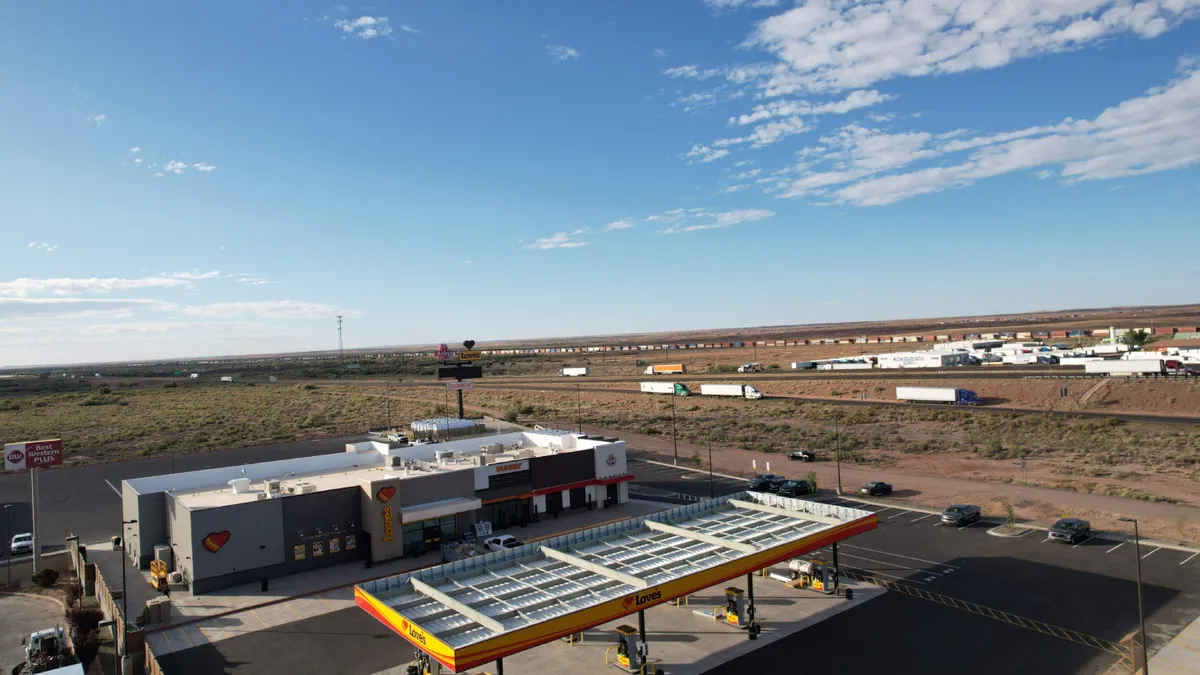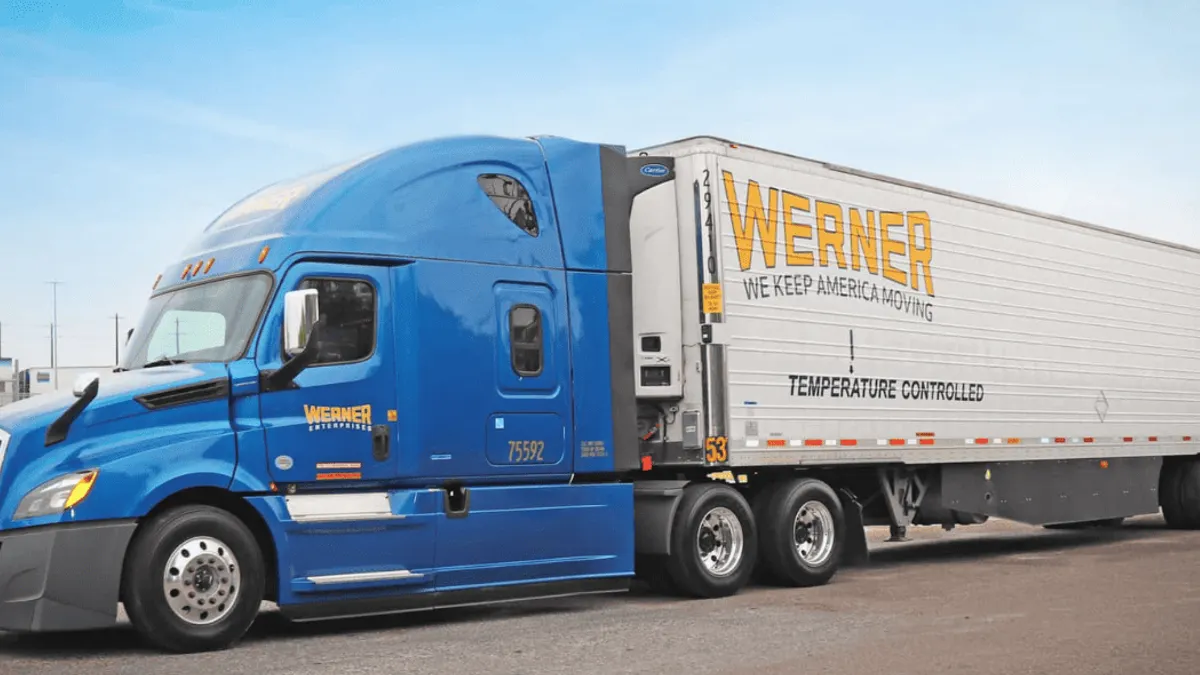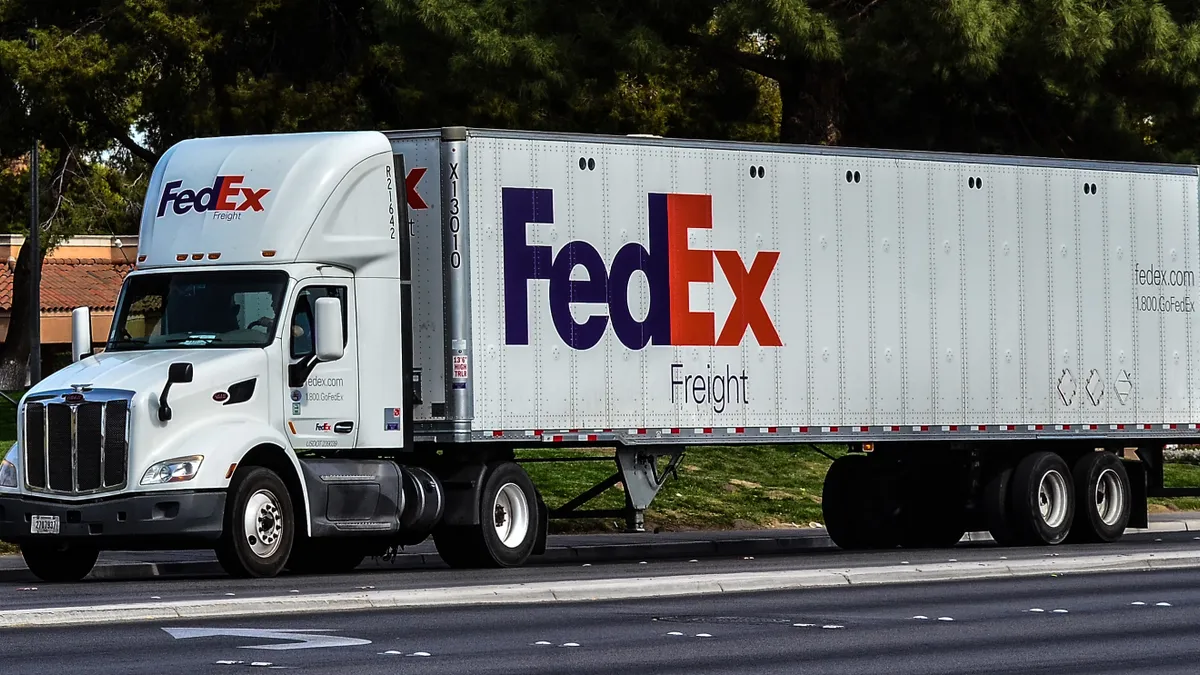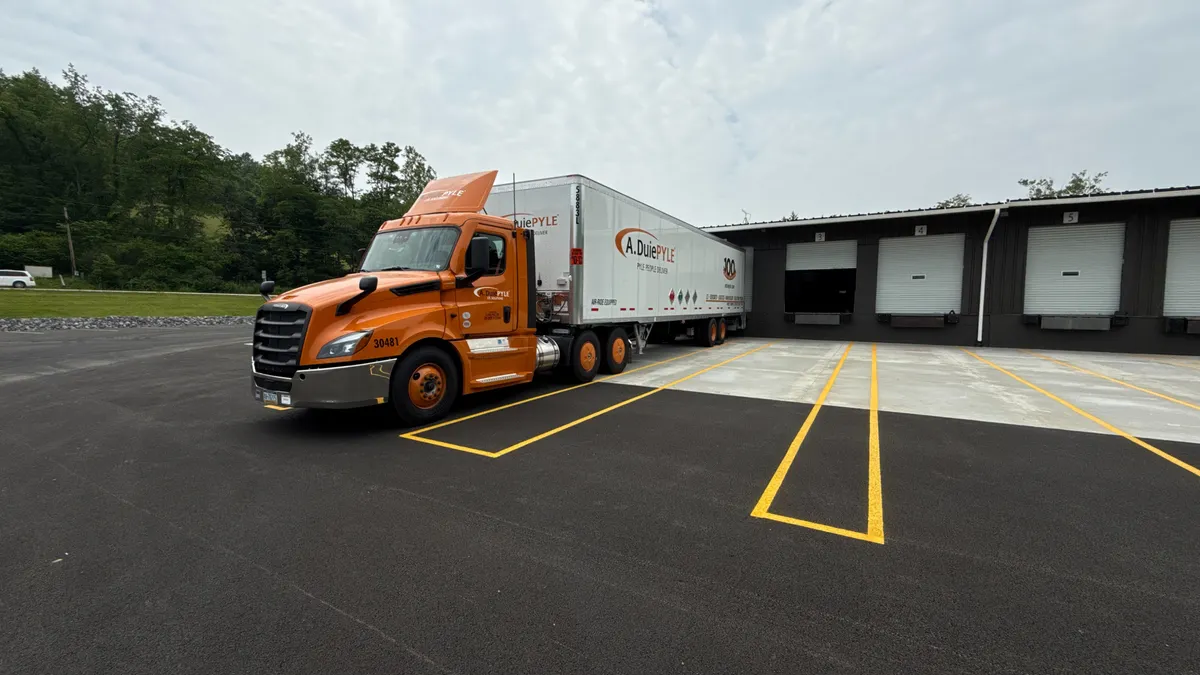A much-quoted line said by "Mad Men" character Don Draper goes: "People will show you who they are, but we ignore it because we want them to be who we want them to be."
The line speaks to advertising efforts, of course. But it also speaks to sales.
When a company begins to dialogue directly with their customers, it begins to realize the true path to success (provided it executes on the learnings). And, of the many ways to gather customer intelligence, I have found customer advisory boards to be among the best.
A well-planned and -executed CAB will allow you to "customer-test" the following:
- The business' strategic direction.
- The business' marketplace perceptions.
- Planned advertising and marketing campaigns.
- Planned changes in service offerings or procedures.
In my experience on the sales side of house, I've seen firsthand a company make adjustments in all areas above based on CAB feedback.
Forming a CAB
Crucial to a successful CAB is member selection.
While many companies rely on marketing to facilitate the process, I was fortunate to work with a marketing department who trusted sales (imagine that!) to recruit the right customers.
There is a tendency to invite only "friendly" ones. But you don't want a room full of customers that are eager to tell you what they think you want to hear. I've found that the more demanding the customer, the better the CAB results.
Equally as important is assembling a cross-industry group. When I was working at an LTL, I carefully selected high-level participants with varying supply chains from retail, distribution, manufacturing and so on.
We especially wanted CAB members who felt uninhibited when speaking in a group. There's hardly anything more frustrating than a CAB participant who is reluctant to share thoughts.
The more demanding the customer, the better the CAB results.

A word of advice: Participants are sometimes reluctant to share too much when one of their competitors is in the room. So, be mindful in your selections.
When recruiting members, the value proposition is fairly straightforward. CAB members I've worked with have enjoyed contributing to our strategic direction. They felt they were benefiting their companies through their CAB efforts, which made the time and resources seem all the more worthwhile.
Specifically, some have told me their favorite parts of being members were the open sharing of experiences and opinions, learning best practices, and the constructive and creative dialogue within the group.
Also valuable to them was spending time with my employer's senior management. I always had CEOs, senior vice presidents and vice presidents in attendance.
Getting the most out of your CAB
CABs are widely used but diversely executed.
Some companies use outside facilitation for their CABs. I have done that, and the third-party person did a very good job. However, I much prefer to use internal facilitators.
An internal facilitator will know best how to lead a conversation (and change the subject, if need be). Additionally, having personal knowledge of each CAB member allows the internal facilitator to better guide the conversation within the group based on the individual's known strengths and passions.
Regardless of who is hosting the group, not every company takes its CAB seriously. Many are little more than boondoggles.
I don't have anything against a boondoggle every once in a while. But customers have expressed to me their disappointment in attending some CAB gatherings (not one of mine, of course).
In those instances, they walked in believing they'd have a chance to share and recommend something meaningful to a primary carrier, only to be "forced" to experience golf outings, lavish dinners and spa experiences — without the chance to give input.
When a customer feels guilty and disappointed about being treated in such a fashion, it indicates the CAB has missed its mark.
The best learnings come from follow-up questions and ensuing discussion.

How can trucking firms avoid such a faux pas? Companies and members should prepare well in advance of each meeting. Thorough preparation takes resources, which may be scarce. But it's worth it.
One way to prepare is to determine which questions you'd like to ask your CAB members at the next meeting, and distribute those questions well in advance. Members I've worked with have been thankful for the chance to prepare — and took advantage of it.
I have also sent members short surveys ahead of time, inquiring about what they were seeing in the market and their industry perceptions. This evoked some interesting conversation among the CAB members as we discussed the results at the following meeting. They seemed to enjoy sharing with each other as much as they enjoyed sharing with us.
The pre-planned questions aren't the end all be all. Instead, they're a means of drilling deeper into a given subject matter. The best learnings come from follow-up questions and ensuing discussion.
Again, an internal facilitator will know best how to guide the conversation toward the perceptions that marketing desires.
The benefits of a CAB
If a CAB meeting is executed well (which means asking the questions, then shutting up and listening), you'll leave with valuable insights and blaring calls to action.
One such example I experienced occurred when the marketing department presented a preview of an upcoming campaign. The CAB overwhelmingly indicated that the obvious use of studio models to portray the employees detracted from the message.
Based on CAB feedback and with credit to marketing, the whole campaign was revamped using actual employees.
Another time, CAB input even led to a significant acquisition. In turn, that acquisition led to the establishment of a single-carrier, multi-level service offering that you might recognize as "Priority" or "Economy."
There is also one "soft" ROI to a CAB that benefits all: mulligans, a term most associated with golf but that applies here, as well.
When you get a chance to walk in another's shoes, you become more empathetic to their challenges, and them to yours. So, when mishaps occur or mistakes are made, you're more likely to get that do-over.
CABs can be an essential part of your marketing and strategic planning. They will tell you what you're doing right and what you could be doing better.
After the meeting, reward them with that round of golf and that lavish dinner. At that point, they will have deserved it.
Lanny Fleming began his career with Roadway Express in 1977. He was with American Freightways and FedEx Freight for 20 years, and UPS Freight for six. Views don't necessarily represent those of Transport Dive.



















